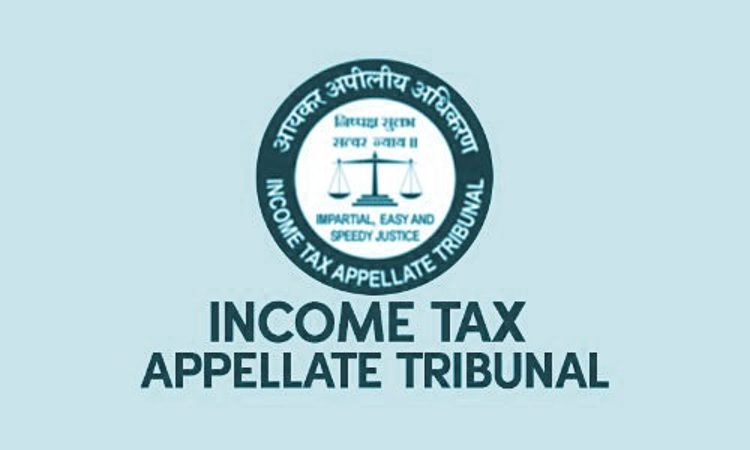The Jodhpur Bench of Income Tax Appellate Tribunal (ITAT) has held that the assessee, the legal owner, is not required to TDS under Section 194C, where a declaration under Section 194C(6) along with a PAN is obtained from the payees who are in possession of the vehicle, though they are not registered owners.The bench of S. Seethalakshmi (Judicial Member) and Rathod Kamlesh Jayantbhai...

